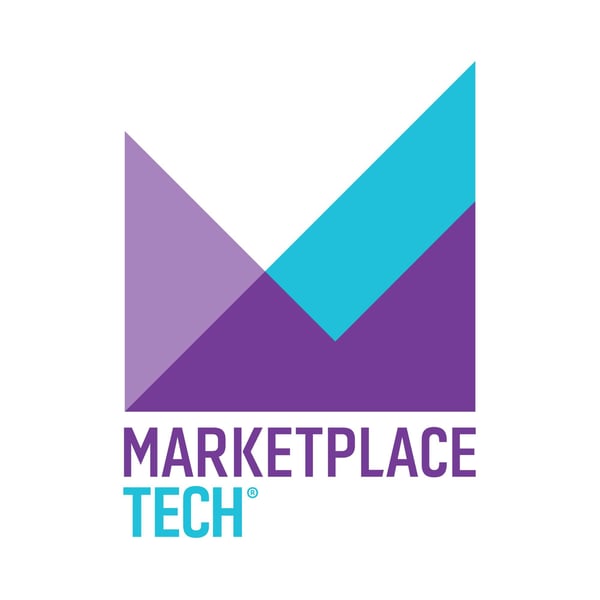Maryland’s message to Big Tech: Think different.
Marketplace Tech
American Public Media
4.6 • 1.2K Ratings
🗓️ 6 March 2025
⏱️ 10 minutes
🧾️ Download transcript
Summary
Today, we’re wrapping up our series “The Infinite Scroll,” where we look at kids’ lives on social media and the risks and rules they face. One approach some states take to creating rules to mitigate risk is known as an age-appropriate design code, a law that puts the onus on tech companies to design products that keep kids safer when they’re on the internet. California passed its Age-Appropriate Design Code Act in 2022, as did Maryland last year. Both have been challenged by lawsuits from the tech industry. State Delegate Jared Solomon, a sponsor and lead author of the Maryland law, explained to Marketplace’s Stephanie Hughes that the oversight effort attempts to prevent manipulation by algorithms. He hopes the industry will begin to “think differently about how they design their products.”
Transcript
Click on a timestamp to play from that location
| 0:00.0 | Can we design our way to a safer internet for kids? |
| 0:04.7 | From American Public Media, this is Marketplace Tech. |
| 0:07.5 | I'm Stephanie Hughes. |
| 0:17.9 | Today we're wrapping up our series, The Infinite Scroll, where we're looking at kids' lives on social media and the risks and rules they're facing. |
| 0:25.7 | On the rule side, one approach we've seen some states take is what's known as an age-appropriate design code. |
| 0:32.3 | This is a law that puts the onus on tech companies to design products that keep kids safer when they're on the |
| 0:37.6 | internet. California passed a kid's design code law in 2022, as did my home state of Maryland |
| 0:43.7 | last year. Both have been challenged by lawsuits from the tech industry. Delegate Jared Solomon is a |
| 0:49.7 | sponsor and lead author of the Maryland law. he says it does two main things. |
| 0:54.3 | So the first part is sort of create a series of kind of bright red lines of things that companies with large online presence over a certain amount of people, over a certain amount of revenue, are not allowed to do. |
| 1:06.7 | And it is things like not allowing minors to be geotracked to make sure that the privacy settings |
| 1:12.2 | and whatever app is as private as possible, that their data and information can't be sold. |
| 1:17.5 | And then the sort of broader piece is really getting tech to think differently about how they design |
| 1:23.5 | their products. And that's the part of the bill that hasn't quite gone into effect yet, |
| 1:27.1 | but is really thinking about if you have a product that is being used by minors and you know |
| 1:33.2 | that it could be causing harm, you have to do everything you can to make sure that that's not |
| 1:37.2 | happening. You know, when we think about some of the examples with social media companies |
| 1:40.1 | where they very deliberately knew that their products were addictive, that they were designing |
| 1:45.3 | their products in a way to play on the brain chemistry of young people, that wouldn't be |
| 1:50.4 | allowed anymore. |
| 1:51.5 | So one part of the law, as you mentioned, requires tech platforms to default to a high |
| 1:54.9 | level of privacy for Maryland residents who are under 18. Would this affect what kids can see |
... |
Transcript will be available on the free plan in -22 days. Upgrade to see the full transcript now.
Disclaimer: The podcast and artwork embedded on this page are from American Public Media, and are the property of its owner and not affiliated with or endorsed by Tapesearch.
Generated transcripts are the property of American Public Media and are distributed freely under the Fair Use doctrine. Transcripts generated by Tapesearch are not guaranteed to be accurate.
Copyright © Tapesearch 2025.

